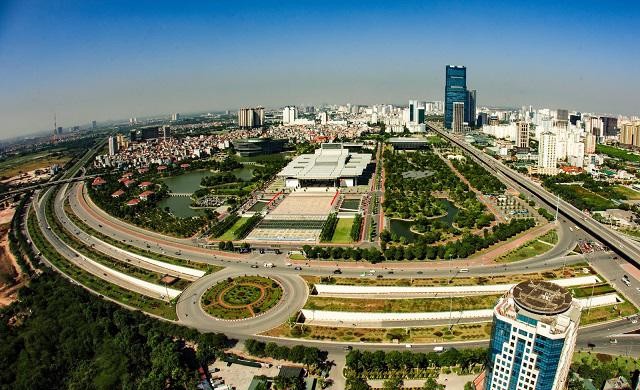Hurricane Harvey damage estimated at USD42b
(VNF) - Damages from Hurricane Harvey could put it among the top five most costly U.S. storms ever, with failing dams and levees driving up loss forecasts, current data modeling showed on Tuesday (August 29th).
 |
A resident walks through her damaged neighborhood after Hurricane Harvey hit Texas, which is expected to be among the costliest storms to ever impact the U.S. economy. (AFP/MARK RALSTON)
Estimates for total economic costs and damages shot up overnight to USD 42 billion from USD 30 billion, as flooding began to spread to Louisiana and flood control measures became overwhelmed, according to Chuck Watson, founder of the disaster modeling firm Enki Research.
While authorities were still focused on rescuing survivors on Tuesday, the question of the storm's aftermath - and its long-lasting hit to the Texas and U.S. economies - was only beginning to come into view.
"If Harvey were your normal hurricane it would be probably a USD 4 billion event," Watson told AFP. "That would be tragic for the people affected, but for the effect on the macroeconomy, we wouldn't be talking about it at all."
As yet, the storm is nowhere near as costly as 2005's Hurricane Katrina, which took a USD 118 billion bite out of the regional economy.
But at USD 42 billion in unrecoverable economic losses, Harvey would be about as damaging as Hurricane Ike, which struck Texas and parts of the Caribbean at a cost of USD 43 billion in 2008, and Hurricane Wilma, which tore through North America in 2005, with a cost of nearly USD 38 billion, according to Watson's estimates.
And the Harvey estimate could still go up.
The National Weather Service tweeted on Tuesday that Harvey appears to have broken a U.S. record for most rain from a single tropical cyclone, with 125.27 centimetres recorded at a gauge southeast of the city.
"The single greatest threat continues to be the rainfall," Dennis Feltgen, a spokesman for the Miami-based National Hurricane Centre, told AFP. "This is not over," he said.
FLEEING THE WRECKAGE, DEEPENING POVERTY
A U.S. energy hub with USD 1.6 trillion in annual economic output, Texas accounts for nearly nine per cent of America's GDP, the second largest state economy after California - and larger than Canada or South Korea.
Goldman Sachs estimated on Monday that Harvey's disruptions to the energy sector alone could shave as much as 0.2 percentage points off of US GDP growth in the third quarter of this year.
Leah Boustan, professor of economics at Princeton University, said that over time natural disasters tend to cause wealthier residents to flee the devastation, leaving poorer inhabitants to face the economic fallout.
Boustan co-authored a recent study which examined data from 5,000 U.S. floods, earthquakes and storms spanning the 20th century.
"Translating our results into the context of Houston would suggest that 23,000 residents would move away from the area over the next 10 years," she told AFP.
"We also found that very severe disasters tend to increase the poverty rate in an area by around one percentage point, which for Houston would be an increase from 25 per cent to 26 per cent of the population living below the poverty line," she added.
 |
Residents wait to be rescued from the flood waters of Tropical Storm Harvey in Beaumont Place, Houston, Texas, U.S., on August 28th, 2017. (Photo: Reuters/ Jonathan Bachman)
The Texas Gulf coast, home to nearly a third of the U.S. oil refining capacity, has been ravaged by the most powerful hurricane to hit the state since 1961, which shuttered least 15 per cent of U.S. refining capacity, according to The Wall Street Journal.
In addition to oil and gas producers, Texas is home to defence contractors, computer components makers, manufacturing and a sprawling agricultural sector.
Natural disasters like floods and hurricanes can force entire towns into unemployment, interrupt tax collection and disrupt supplies of food and fuel for months, jacking up costs and reducing demand elsewhere.
FACING RECONSTRUCTION UNINSURED
According to the Insurance Information Institute, only 12 per cent of homeowners in designated flood areas in the United States were covered by flood insurance in 2016.
Loretta Worters, a spokesperson for the institute, told AFP the uninsured could be looking at ruin without government assistance. "It could be total loss for them," she said.
But Watson of Enki Research said the federal maps that designate flood-prone areas - where homeowners usually are required to obtain flood insurance - are inaccurate and obsolete, meaning the share of people insured against damage from Harvey will be minimal.
"Our initial estimate is that two-thirds of the flooding happened outside flood zones," he said.
Recovery will be especially difficult for the poorest wage earners, whose income stops the moment they are unable to work.
"They're not getting paid. They've got bills stacked up. Their homes are damaged," he said. "That's where the real humanitarian disaster is going to happen."
“…Texas can handle anything."
 |
President Donald Trump (centre), flanked by Texas Gov. Greg Abbott (left) and first lady Melania Trump speaks during a briefing on Harvey relief efforts at Firehouse 5 in Corpus Christi, Texas. (AP Photo/Evan Vucci)
President Donald Trump flew into the Harvey disaster zone in a show of leadership on Tuesday, telling the people of Texas they "can handle anything".
Wearing a "USA" baseball cap and clutching a Texas flag, he visited the coastal city of Corpus Christi, praising the work of state and federal officials in responding to the first natural disaster of his presidency.
"We want to be looked at in five years, in 10 years from now as, this is the way to do it," he said.
Emerging from a briefing held inside a local fire station, Trump climbed up a ladder for an impromptu address to the mix of supporters and banner-waving protesters gathered outside.
"We love you, you are special, we are here to take care of you," the president called out. "It's historic, its epic, but I tell you, it happened in Texas - and Texas can handle anything."
The U.S. leader and first lady Melania had no plans to visit Houston - swathes of which remain under water - and were at pains to avoid disrupting recovery efforts./.
VNF
Most read
Recommended
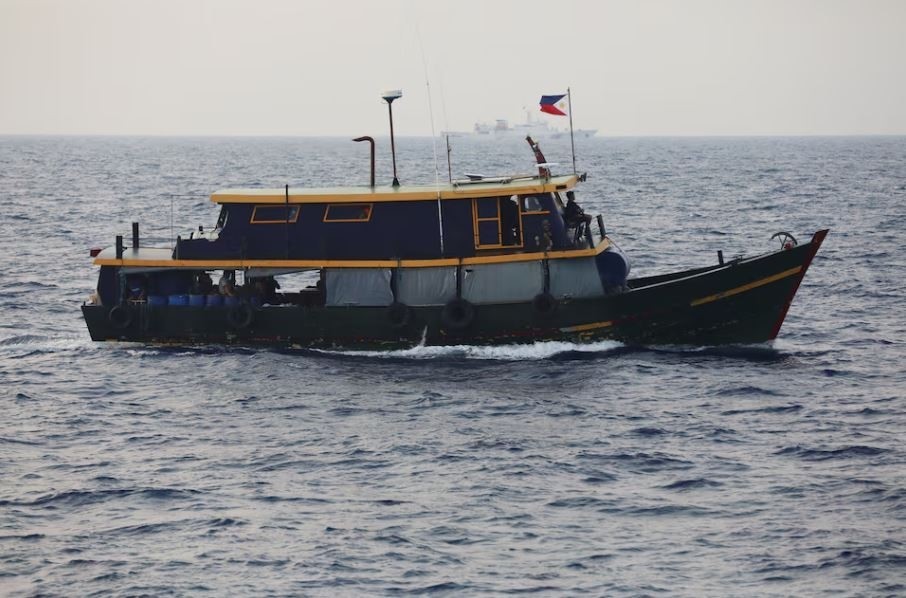 World
World
China frustrated over joint naval and air drills in the Indo-Pacific region
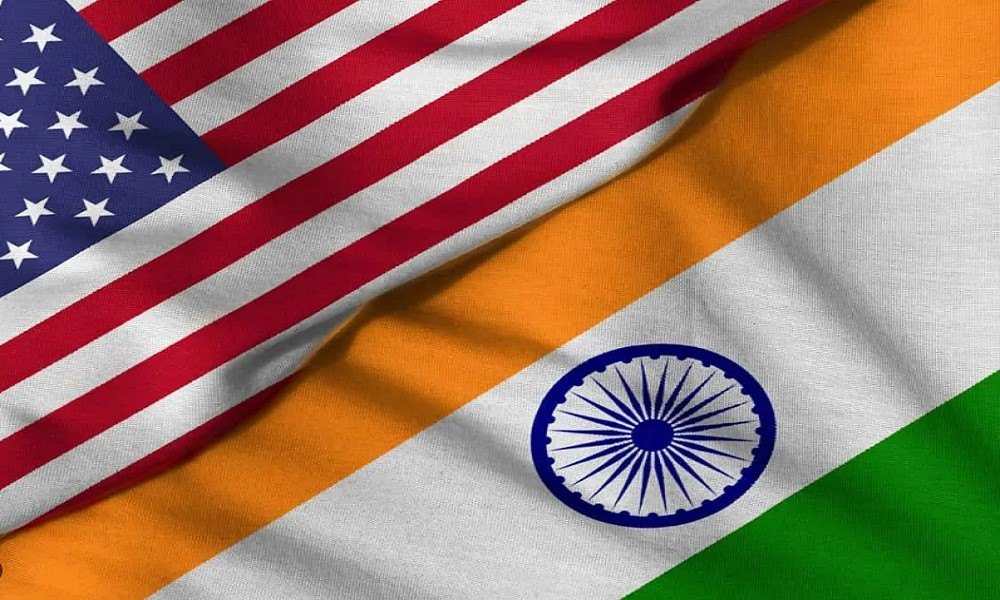 World
World
Washington-New Delhi Strategic Partnership Continues To Grow: US Envoy Says ‘If You Want To See The Future, Come To India’
 World
World
Discover The Unique Whipped Coffees Around The World
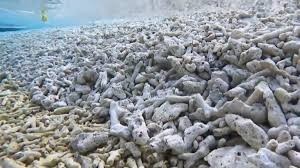 World
World
China called out for destructing coral reefs in South China Sea
Popular article
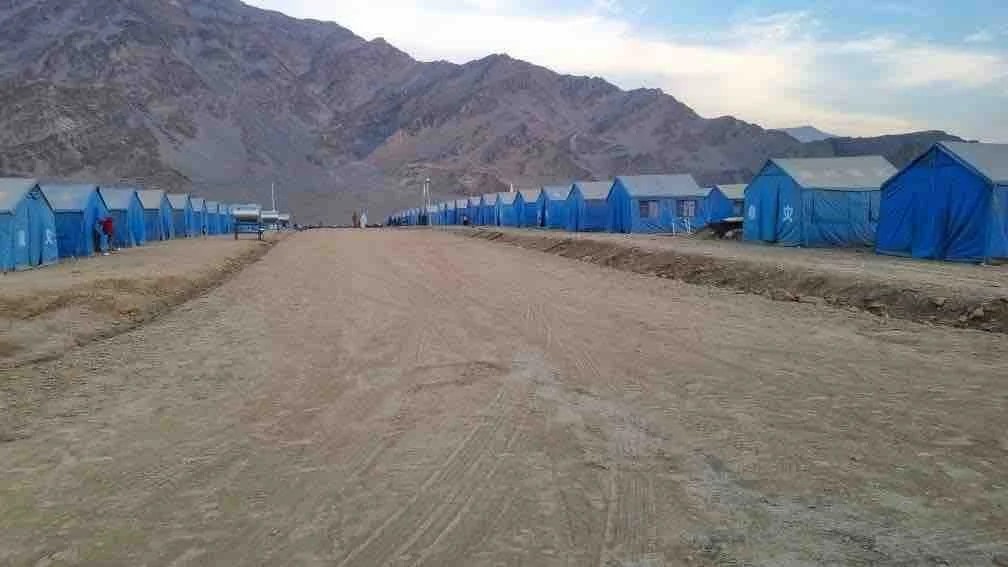 World
World
Mass Afghan Deportation from Pakistan: A Brewing Crisis for Regional Stability and Development
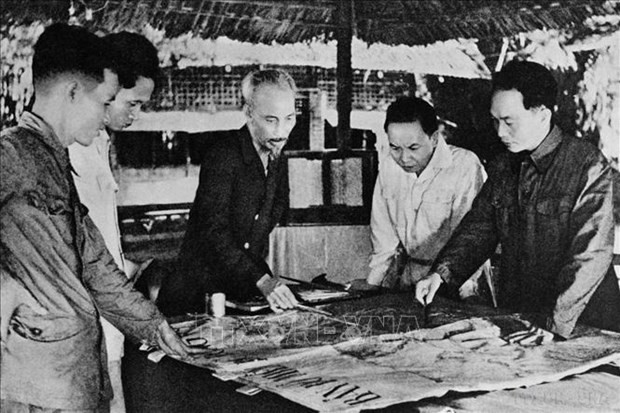 Viet's Home
Viet's Home
Values of Vietnam's Dien Bien Phu Victory Spotlighted
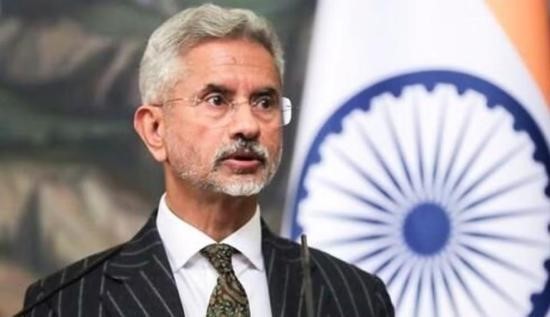 World
World
S. Jaishankar bolsters strategic collaborations across Singapore, Malaysia and Philippines
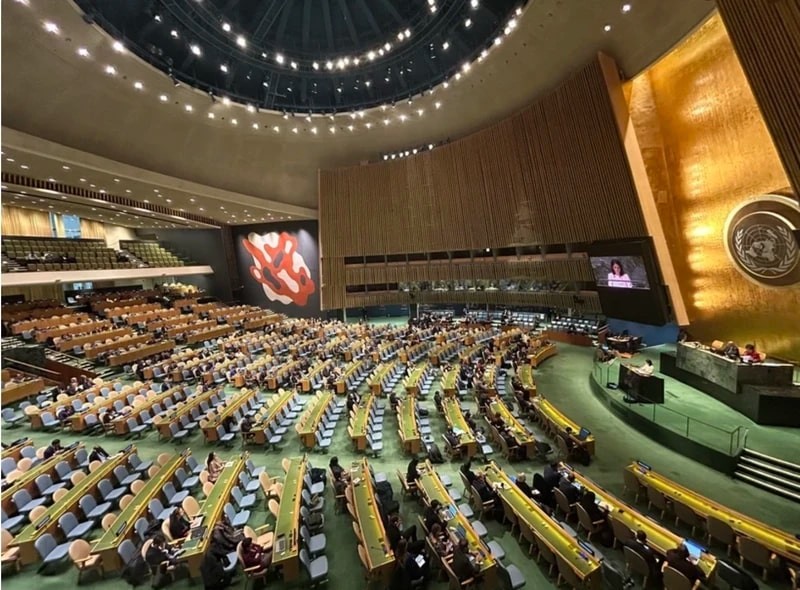 World
World







